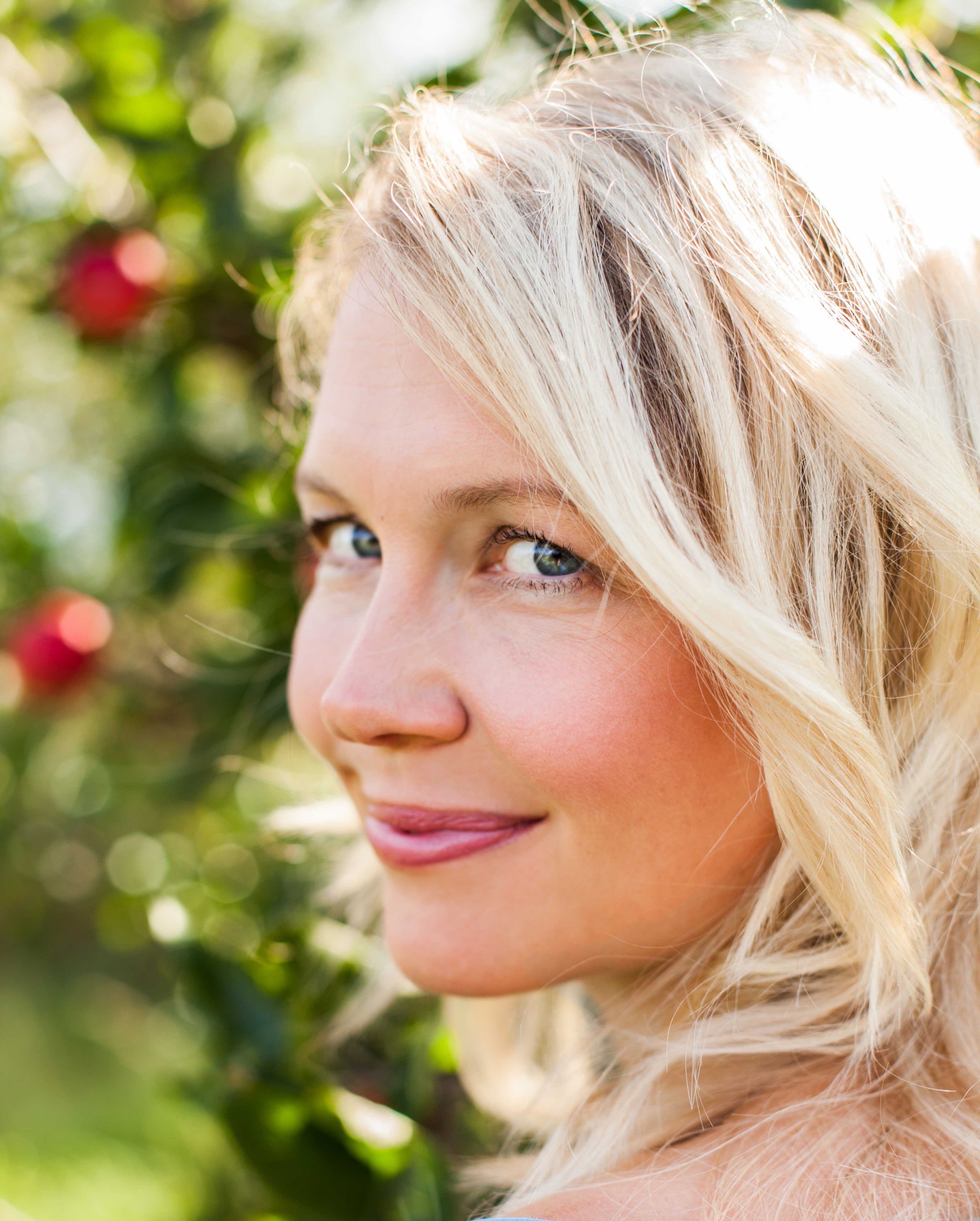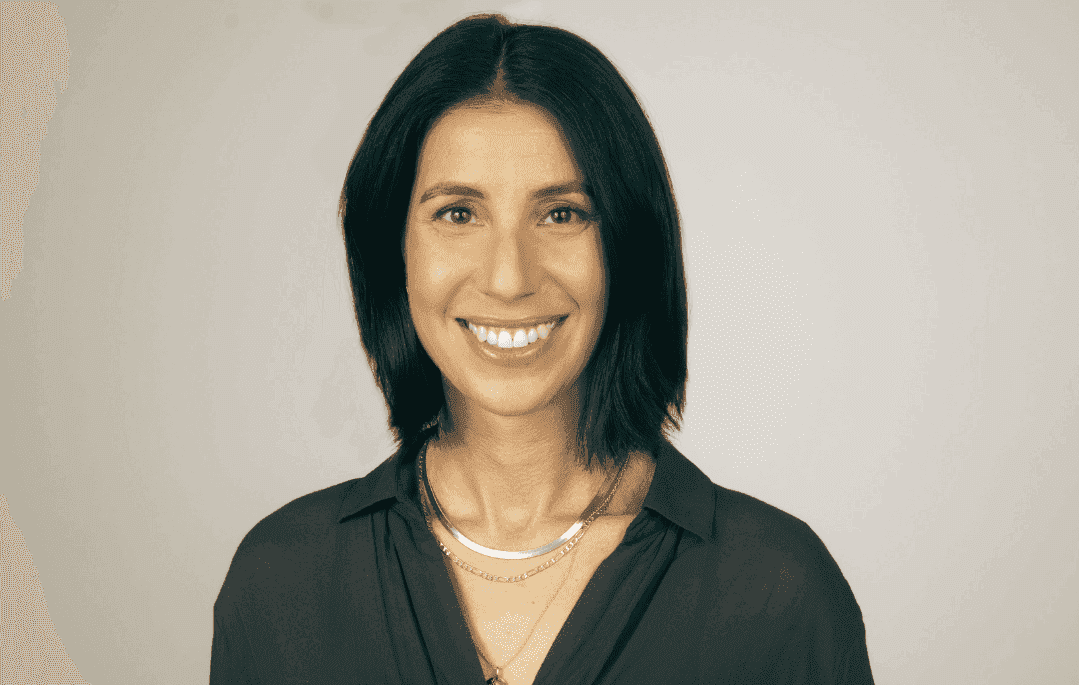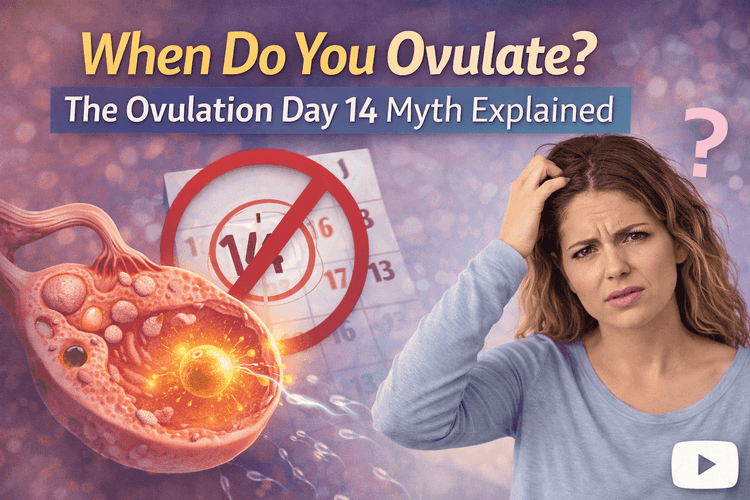Best Age to Get Pregnant with PCOS: Fertility Guide

Mona Bungum
Article
10 min

Learn how age affects fertility with PCOS and when conception chances are highest. Conceivio helps women plan pregnancy confidently and naturally.
Hearing the words “You have PCOS” can bring a mix of emotions relief to finally understand what’s happening in your body, but also concern about fertility and the future. Polycystic Ovary Syndrome (PCOS) affects up to one in ten women of reproductive age and is one of the leading causes of ovulatory infertility.
One of the most common questions women ask after diagnosis is: “What’s the best age to get pregnant with PCOS?”
Quick Answer: The best age to get pregnant with PCOS is generally in your 20s to early 30s, when egg quality and hormonal balance are more favorable. Women with PCOS often have a higher ovarian reserve, which may extend their fertility window slightly, but egg quality still declines with age. The earlier you understand your ovulation pattern and take steps to support hormonal health, the better your chances for conception and a healthy pregnancy.
Understanding how age interacts with PCOS helps you make informed, confident choices about when and how to plan for pregnancy.
Understanding PCOS and Fertility
PCOS (Polycystic Ovary Syndrome) is defined by three main characteristics:
- Irregular or absent ovulation, which causes unpredictable or missed periods.
- Elevated androgens, or “male hormones,” leading to symptoms like acne, excess hair growth, or hair thinning.
- Polycystic-appearing ovaries, which show multiple immature follicles on ultrasound.
These features make ovulation inconsistent, which can make conception more challenging. However, having PCOS does not mean you can’t get pregnant. Many women with PCOS conceive naturally, while others may need mild medical support such as ovulation-inducing medication or fertility guidance.
You can read more about how PCOS affects ovulation in Understanding PCOS: Insights into Polycystic Ovary Syndrome.
How Age Normally Affects Fertility
Even without PCOS, female fertility naturally declines with age. Women are born with all the eggs they will ever have, and both quantity and quality decline over time.
- In your 20s, fertility is at its peak.
- In your 30s, egg quality starts to decline more noticeably.
- After 35, the rate of decline increases significantly.
- By 40, natural conception becomes much less likely, and miscarriage risk increases.
These changes are a normal part of the reproductive lifespan. But when PCOS is added to the equation, things become more complex and sometimes, more hopeful.
PCOS and Age: A Complex Relationship
In Your 20s to Early 30s
If you’re in your 20s or early 30s and have been diagnosed with PCOS, your fertility potential is generally strong. Many women in this age range have a higher ovarian reserve, meaning a greater number of eggs, because PCOS causes the ovaries to hold onto immature follicles instead of releasing them regularly.
The advantages:
- A larger egg supply that may preserve fertility longer.
- High success rates for both natural conception and medical treatment when needed.
The challenges:
- Irregular or absent ovulation makes it harder to pinpoint fertile windows.
- Cycles may remain unpredictable even with many available eggs.
A Fertility and Sterility study found that women with PCOS may experience a slower decline in ovarian reserve compared to others, suggesting a slightly extended fertility window (Kelly et al., 2018). Still, the best age to get pregnant with PCOS is typically before 35, when both egg quality and metabolic health are most supportive.
After Age 35
Fertility declines naturally after 35, and for women with PCOS, that decline can be sharper due to overlapping factors.
-
Egg Quality Decline
PCOS may help preserve egg numbers, but not quality. As eggs age, DNA integrity decreases, leading to lower fertilization and implantation rates.
-
Hormonal and Metabolic Changes
Insulin resistance, weight gain, and metabolic issues often intensify with age, further disrupting ovulation and the uterine environment.
-
Later Childbearing
Research shows women with PCOS tend to have children slightly later. In a 25-year cohort, women with PCOS had their first child at 29.5 years on average, compared to 28.8 years in women without PCOS, and were more likely to give birth after 35 (Forslund et al., 2024).
-
Fertility Treatment Outcomes
IVF and ICSI success rates remain promising for women with PCOS over 35 comparable to those without PCOS, when managed well (Zhang et al., 2023). Still, age remains the strongest predictor of success.
You can learn more about medical fertility options in How to Become a Parent with Fertility Treatment.
Does PCOS Protect Fertility as You Age?
Some experts believe PCOS may offer a degree of protection against early fertility decline because women often have higher AMH (Anti-Müllerian Hormone) levels and more follicles even into their 30s.
But while the number of eggs might remain high, egg quality still declines with age. This means women with PCOS can experience the same age-related challenges as others, including reduced fertilization rates and a higher risk of miscarriage.
In short, PCOS may preserve egg quantity but not egg quality a key distinction when planning for pregnancy later in life.
For more on egg quality and hormonal balance, see How to Improve Egg Quality with PCOS.
How Age Interacts with PCOS Factors
1. Ovarian Reserve and Egg Quality
Women with PCOS usually have high AMH levels, indicating more follicles, but egg quality depends primarily on age. After 35, even with a strong ovarian reserve, conception may take longer due to changes in egg structure.
2. Ovulation Patterns
Irregular ovulation is the hallmark of PCOS. As you age, cycles may become even more erratic due to both PCOS-related hormonal imbalance and natural perimenopausal changes.
3. Metabolic Health
PCOS is closely tied to insulin resistance and metabolic dysfunction, which often worsen with age. Managing blood sugar, weight, and inflammation through diet and movement can significantly improve fertility outcomes at any age.
For practical steps, read PCOS and Diet: Nourishing Your Body, which covers nutrition strategies that support hormone and metabolism balance.
4. Pregnancy Risks
Age and PCOS together may increase the risk of pregnancy complications such as gestational diabetes, preeclampsia, and miscarriage (Planet BD Journals, 2024). However, these risks can be reduced through careful medical monitoring, preconception care, and lifestyle support.
Fertility Outlook by Age
| Age Range | Typical Fertility Outlook in PCOS | Key Recommendations |
|---|---|---|
| 20–30 years | High ovarian reserve; ovulation may be irregular. | Focus on regulating cycles and monitoring ovulation; conception likely with mild support if needed. |
| 30–35 years | Egg quality begins to decline; cycles may stabilize or remain irregular. | Maintain metabolic health, consider early fertility guidance if conception delays occur. |
| 35–40 years | Decline in egg quality accelerates. | Discuss fertility preservation or IVF; optimize lifestyle and hormone management. |
| 40+ years | Natural conception rates are low; miscarriage risk higher. | Explore IVF, donor eggs, or embryo freezing with specialist care. |
Optimizing Fertility at Any Age
1. Don’t Delay Assessment
If you’re under 35 and haven’t conceived after 6–12 months of trying or over 35 and trying for 3–6 months consult a fertility specialist early.
2. Focus on Lifestyle Foundations
Lifestyle changes are the cornerstone of fertility with PCOS at every age. Balanced meals, regular physical activity, and consistent sleep can restore ovulation in many women naturally.
3. Track and Support Ovulation
Understanding your cycle helps identify fertile windows. Tools like basal body temperature charts or dual-hormone ovulation tests can help. Your doctor may use ultrasound or medication to support ovulation when needed.
4. Consider Fertility Preservation
If you plan to delay pregnancy, discuss egg freezing. This allows you to preserve younger eggs before age-related decline affects quality.
5. Work With Specialists
A reproductive endocrinologist can tailor treatment to your age, health, and fertility goals. Personalized care often leads to the best results.
Emotional Well-being and Fertility Confidence
Fertility decisions can be emotionally complex, especially with PCOS. Uncertainty about timing or outcomes can heighten stress, which in turn affects hormone balance. Support groups, counseling, or fertility coaching can help you navigate the journey with clarity and calm.
You can explore related insights in How Men and Women Cope with Fertility Stress, which discusses emotional resilience during conception.
Frequently Asked Questions About Age and Fertility with PCOS
What is the most fertile age for PCOS?
The most fertile age for women with PCOS is typically between 20 and 30 years old. During this period, egg quality and hormone balance are optimal. Women with PCOS may also have a higher ovarian reserve, which can slightly extend their fertility window.
When should I get pregnant if I have PCOS?
If you have PCOS and are planning to conceive, it’s best to start in your 20s or early 30s, before age-related egg quality decline begins. However, many women conceive successfully later with healthy lifestyle habits and fertility support from treatments like Letrozole or IVF.
Is a PCOS pregnancy high risk?
Pregnancy with PCOS can carry a higher risk of gestational diabetes, preeclampsia, and miscarriage, especially if insulin resistance is unmanaged. With good prenatal care, balanced nutrition, and close monitoring, most women with PCOS have healthy pregnancies.
Can I have a baby at 35 with PCOS?
Yes. Many women with PCOS conceive at 35 and beyond. Although egg quality naturally declines with age, proper medical support, ovulation monitoring, and fertility treatments can lead to successful pregnancies. Maintaining good metabolic health is key.
How many eggs are left at 35?
By age 35, most women have about 20,000 to 30,000 eggs remaining, which is roughly 6–8% of their original supply. Women with PCOS often maintain a higher egg count, but egg quality, not quantity, becomes the limiting factor with age.
How to tell if you're fertile with PCOS?
Signs of fertility in PCOS include clear, stretchy cervical mucus, a slight rise in basal body temperature, and mid-cycle pelvic sensations. Using digital ovulation tests that measure both LH and estrogen can help identify your fertile window more accurately.
Can PCOS make you extremely fertile?
Not exactly. PCOS doesn’t increase fertility, it causes irregular ovulation, which makes conception unpredictable. However, once ovulation is restored through lifestyle changes or medication, women with PCOS often conceive quickly due to a high ovarian reserve.
How to avoid miscarriage with PCOS?
To reduce miscarriage risk, focus on balancing insulin, managing weight, and stabilizing hormones before and during pregnancy. A fertility specialist may recommend progesterone support or medications like Metformin in early pregnancy to improve outcomes.
What are the four stages of PCOS?
PCOS doesn’t progress in stages but can be categorized into four types:
-
Insulin-resistant PCOS
-
Inflammatory PCOS
-
Adrenal PCOS
-
Post-pill PCOS
Each type requires a different management approach focused on restoring hormonal and metabolic balance.
What is the root cause of PCOS?
The root cause of PCOS is multifactorial mainly genetic predisposition, insulin resistance, and hormonal imbalance. These factors disrupt the communication between the brain and ovaries, affecting ovulation and leading to symptoms like irregular cycles and acne.
What is the face shape of PCOS?
There’s no universal “PCOS face shape.” Some women develop subtle changes such as jawline acne or facial hair due to higher androgen levels, but facial structure itself is not defined by PCOS.
How early did you get a positive pregnancy test with PCOS?
Most women with PCOS detect pregnancy at the same time as others about 12–14 days after ovulation. Because cycles can be irregular, tracking ovulation helps avoid false negatives. If periods are unpredictable, testing every 2–3 weeks after unprotected intercourse is advised.
Conclusion
The best age to get pregnant with PCOS is when your body feels most balanced typically in your 20s or early 30s but the truth is more nuanced. PCOS may extend your fertility window slightly, yet egg quality and metabolic health still depend on age and self-care.
Whether you’re planning now or in the future, fertility with PCOS is not about racing the clock, it’s about understanding it. Early guidance, consistent lifestyle care, and timely medical support can help you take charge of your fertility at any age.
At Conceivio, we specialize in fertility care that blends science with compassion. Our team supports women with PCOS at every stage helping them restore ovulation, preserve fertility, and plan confidently for pregnancy.
If you’re ready to understand your fertility potential or create a personalized plan, reach out to Conceivio today and start building your future with knowledge and support.


















